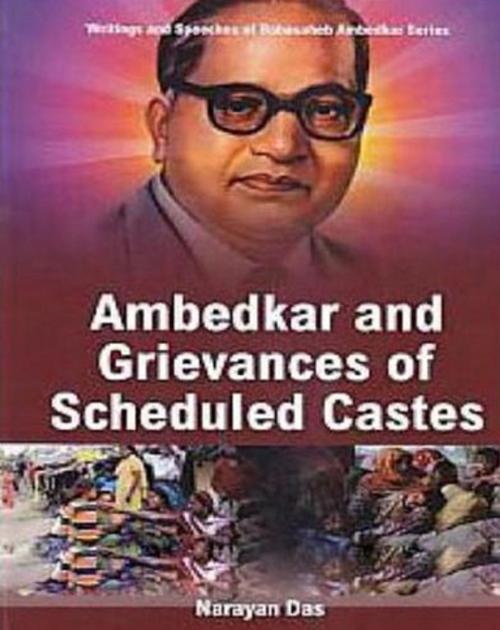Ambedkar And Grievances Of Scheduled Castes
Nonfiction, Social & Cultural Studies, Political Science, Social Science| Author: | Narayan Das | ISBN: | 9789388034548 |
| Publisher: | Centrum Press | Publication: | June 30, 2017 |
| Imprint: | Centrum Press | Language: | English |
| Author: | Narayan Das |
| ISBN: | 9789388034548 |
| Publisher: | Centrum Press |
| Publication: | June 30, 2017 |
| Imprint: | Centrum Press |
| Language: | English |
In the ancient under the class division (hierarchy) time, all the right and work of all the class was decided. Initially this was according to the work done by the people but later it me as per the family to which a person is born, the result of which is the caste system and as time passed these caste also were divided into sub castes. The biggest disadvantage of this system was that one who was born in this caste or sub Caste had to die in the same. The financial condition of the dalits was so bad that it showed in their food, clothing and shelter, it showed that they were the most financial suppressed lot. Culturally they were always humiliated. In the Dalit Community Dr. Ambedkar is considered to be a messenger of God. He constantly tried to bring about improvement in the life and condition of the Dalits and sacrificed his whole life in helping the Dalit Community where ever he went he advocated for the betterment of the Dalits and the under privileged. In every platform he raised his voice against the injustice and harassment, his political history was not bared on bargaining but on moral values. This is a must read and have book for those researching on Ambedkar and his work.
In the ancient under the class division (hierarchy) time, all the right and work of all the class was decided. Initially this was according to the work done by the people but later it me as per the family to which a person is born, the result of which is the caste system and as time passed these caste also were divided into sub castes. The biggest disadvantage of this system was that one who was born in this caste or sub Caste had to die in the same. The financial condition of the dalits was so bad that it showed in their food, clothing and shelter, it showed that they were the most financial suppressed lot. Culturally they were always humiliated. In the Dalit Community Dr. Ambedkar is considered to be a messenger of God. He constantly tried to bring about improvement in the life and condition of the Dalits and sacrificed his whole life in helping the Dalit Community where ever he went he advocated for the betterment of the Dalits and the under privileged. In every platform he raised his voice against the injustice and harassment, his political history was not bared on bargaining but on moral values. This is a must read and have book for those researching on Ambedkar and his work.















